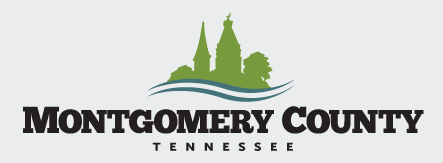Public Meetings Set for Northwest Corridor Transit Study
The Regional Transportation Authority of Middle Tennessee (RTA) recently kicked off the Northwest Corridor Transit Study to evaluate transit options between Clarksville and Nashville. One of the key components of the project is input from those who live, work, and travel along this corridor. A series of Open House style public meetings are scheduled as follows:
- Thursday, April 9, at the Clarksville Area Chamber of Commerce, 25 Jefferson Street, in the Community Room, from 5 p.m. until 7 p.m.
- Monday, April 13, at the Northwest Family YMCA, 3700 Ashland City Hwy, Nashville, from 5 p.m. until 7 p.m.
- Thursday, April 16, at the Cheatham County Courthouse, 100 Public Square, Ashland City, from 5 p.m. until 7 p.m.
The Open House meetings will introduce the project, familiarize residents with the study area, and ask for initial feedback. Participants are welcome to "come and go" throughout the two hour session.
"This is a key corridor for the region and has been identified as part of the Nashville Area MPO's Regional Transit Vision,"Felix Castrodad, director of Planning for the RTA, said. "Public input is essential to help validate the study process. It also will ensure that a sound solution is identified that meets the community's needs and helps move transit forward along the northwest corridor."
The study area consists of five corridors linking Clarksville and Nashville: I-24, SR-12/Ashland City Highway, a combination of the existing Nashville & Western freight corridor and needed rail right-of-way, CSX Rail east of I-24, and SR-112/US 41-A which runs parallel to I-24. One of the anticipated outcomes of the Study is short and long term transit solutions to alleviate congestion along I-24.
About the Northwest Corridor Transit Study:
The Northwest Corridor Transit Study will be undertaken in accordance with processes established by the Federal Transit Administration (FTA) with the intent of identifying a locally selected alternative that addresses the goals of mobility, land use, livability, economic development, and sustainability. In addition, the study will determine the scope and breadth of the project, concentrating on components such as ridership, capital, operations and maintenance costs, and the benefits and impacts of the proposed project.






